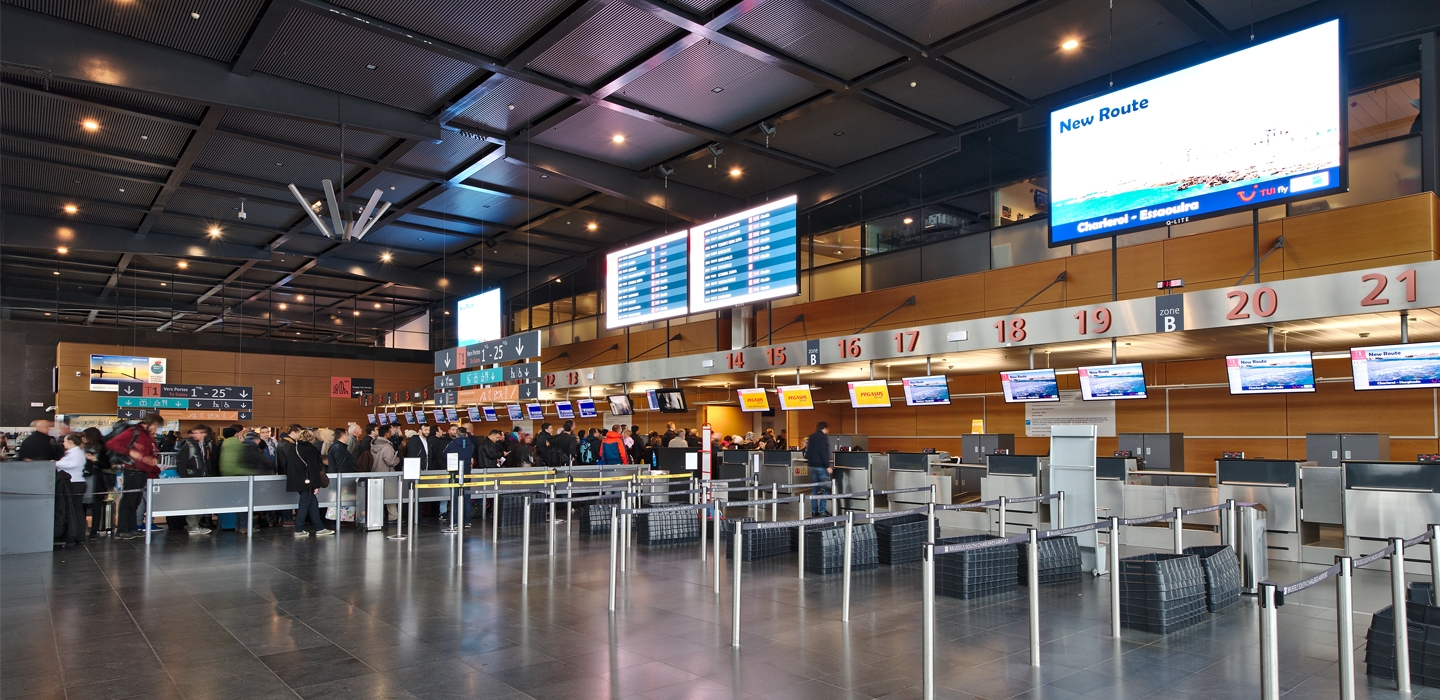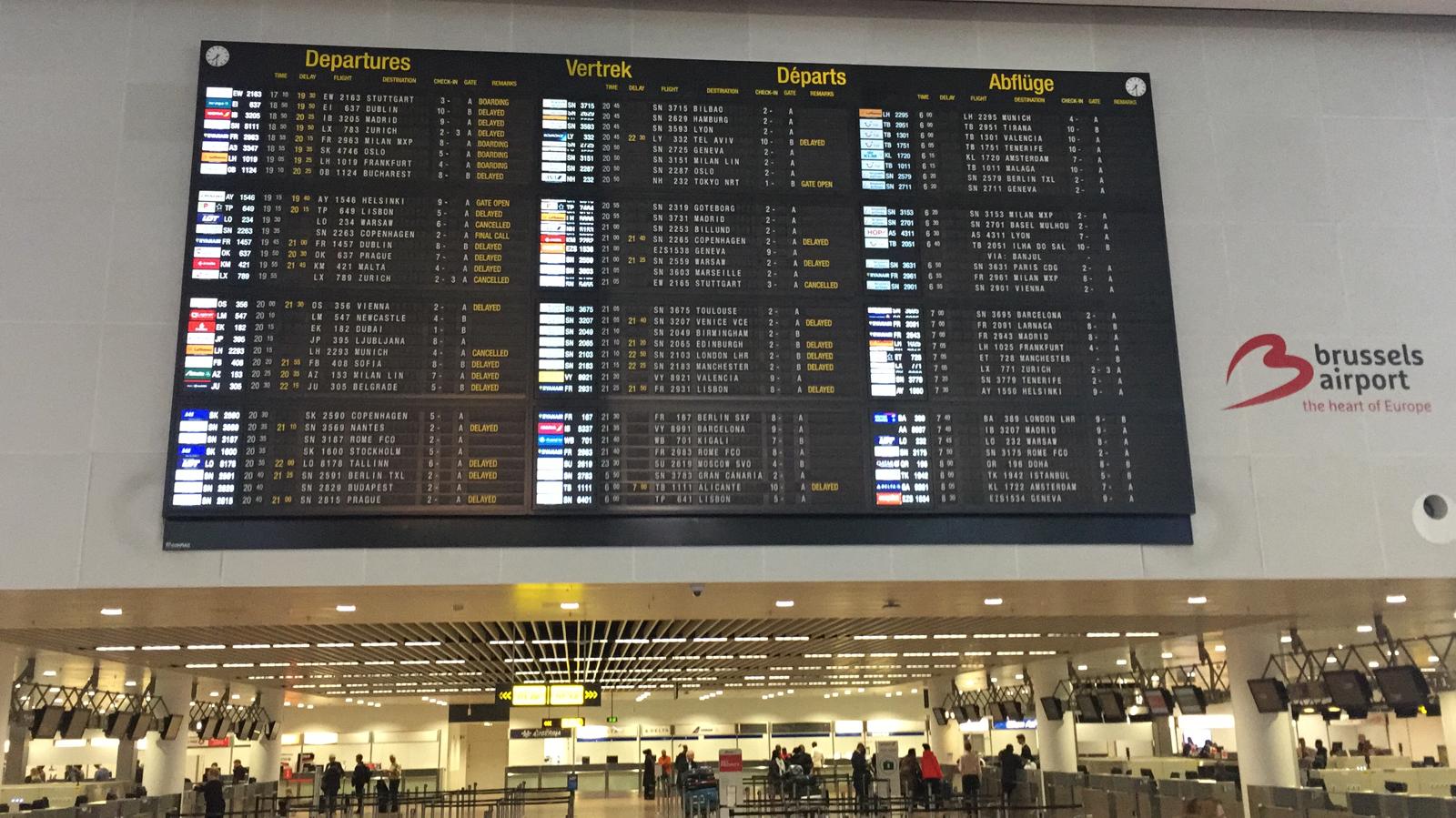- Latest ATC strike called on and off twice before one of the busiest travel weekends of the year.
- Short notice cancellation of the strike meant that more than 100 flights remained cancelled as they could no longer be reinstated.
- ATC strikes cost up to €9.5 billion of European Union’s GDP associated with 131,000 jobs over the last six years.
European holiday makers witnessed an unprecedented spectacle last weekend when a 23 July strike by Italian air traffic controllers (ATC) was called on and off twice. Thousands of passengers still saw their travel plans disrupted when airlines had to cancel more than 100 flights to and from Italy even though the planned 8-hour strike was called off at the very last minute, as the notice provided was insufficient to reinstate the cancelled flights.
“Airlines need to be able to plan ahead to prevent disruption for passengers. In this case the strike was called on the 20th June, cancelled on the 21st July, reinstated on the 22nd July in the afternoon, and finally cancelled later that same evening due to various interventions by the Courts and the Government. This is undoubtedly the ludicrous peak of a summer which could make history with a record number of ATC strikes. Even if airlines did their utmost to minimise disruption last weekend, cancellations could not be avoided anymore, and passengers had to suffer from the uncertainty created by Italian air traffic controllers”, said Thomas Reynaert, Managing Director of A4E.
“We are not questioning the individual right of workers to take industrial action, but strikes should be the last step not the first one. We cannot allow 15,000 air traffic controllers infringing the rights of millions of European travellers. The reputation of Europe is under threat and we call on the European Commission and national governments to act now to ensure Europe economic growth is not damaged, jobs are not affected and the daily life of Europeans is not impacted by this disproportionate action”, added Reynaert.
Just last month, A4E released a new study on the economic impact of ATC strikes in Europe. The analysis revealed that between 2010-15 the overall impact of these strikes reduced European Union GDP by up to €9.5 billion. Especially Southern European states suffer more than others from ATC strikes because passengers are unable to reach their holiday destination. During the same 2010-15 period there were 167 ATC strike days in the EU – one disrupted day every 13 days. In total there were 213 disrupted days if you take into account the days before and after an ATC strike as flights had to be cancelled proactively in advance and accumulated delays spilt over to the next day.
The latest ATC strikes in Greece, Italy, Belgium and France since March this year caused around 4,000 cancellations among A4E members in 2016 and far more than one million minutes of delay (more than 16,000 hours) across all airlines operating in European airspace.
Across the EU, ATC strikes occur most frequently in France, followed by Greece, Italy and Portugal and have resulted in 30,000 cancellations and more than 6 million minutes of delay among A4E airlines (2010-15).



